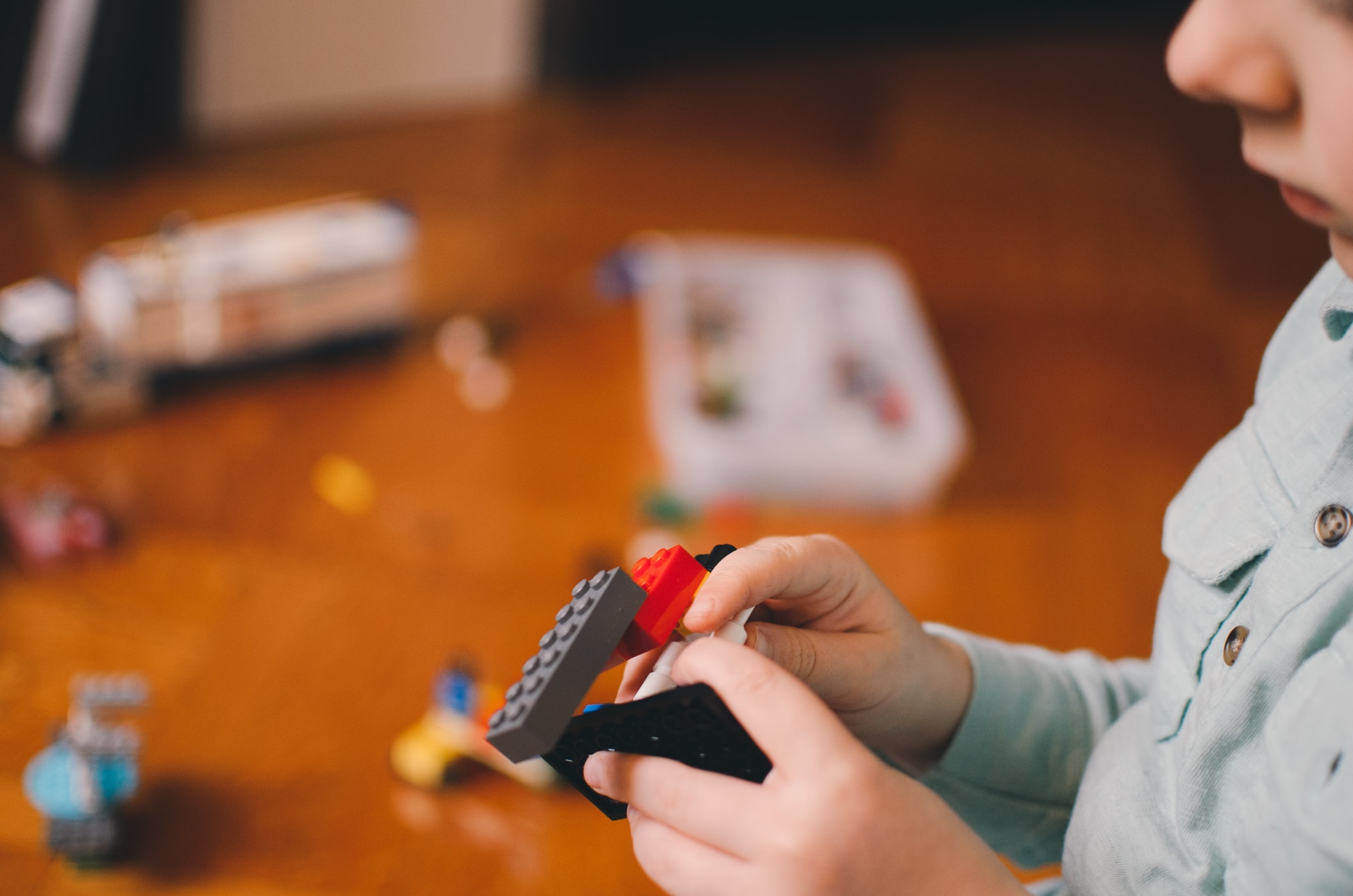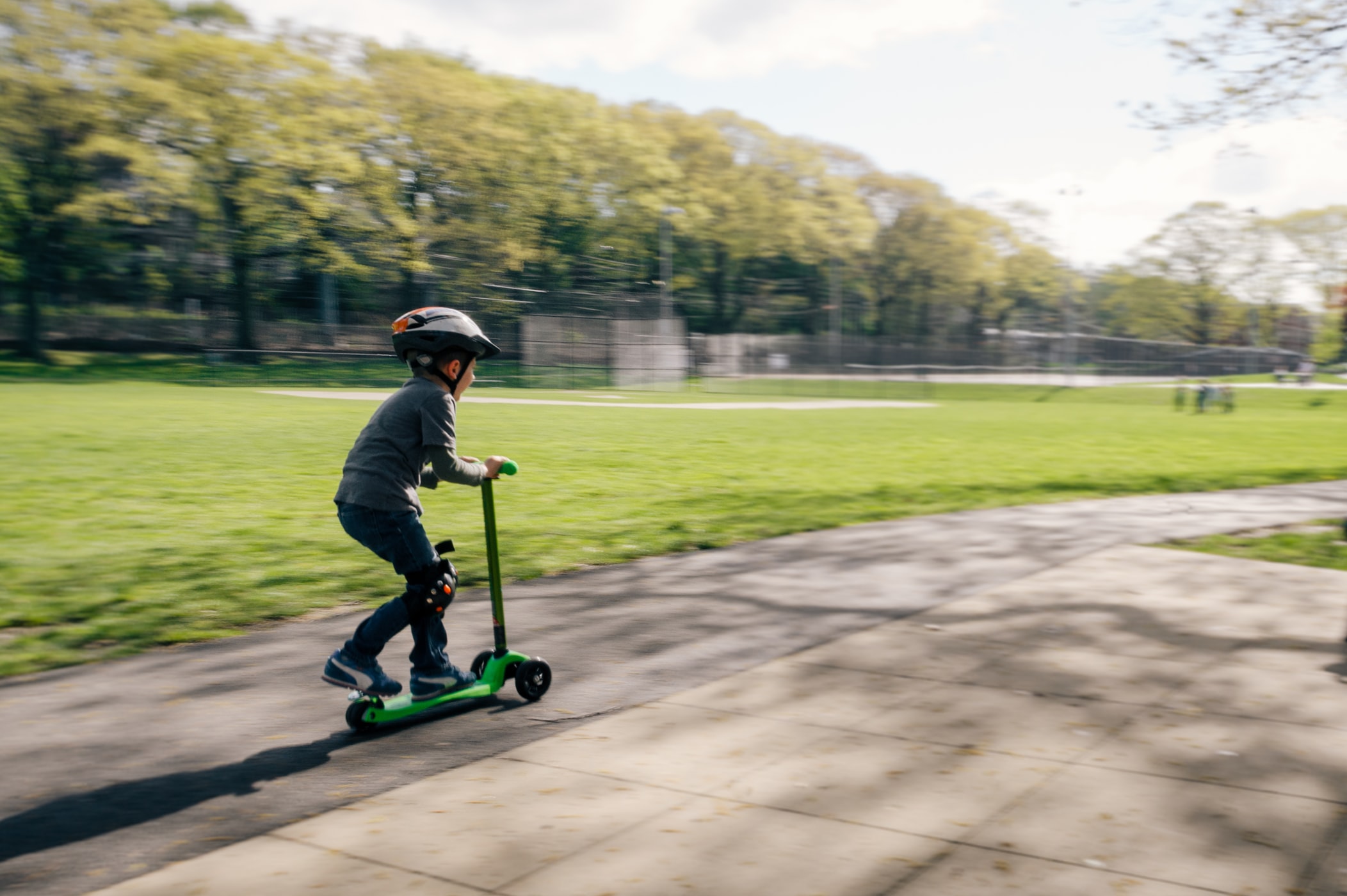
3 Ways to Teach Kids About Mistakes and Failure
A wise man once said, “I didn’t make any mistakes. I just know a thousand ways to not make a light bulb.” That wise man was Thomas Edison and we have to say, he’s onto something there. If there’s one important lesson to pass down to the next generation, it’s that mindfulness can change everything.
“How we define the learning process impacts how we can recover from the inevitable setbacks that come in life,” says John Allcock, author of FORTY THINGS I WISH I’D TOLD MY KIDS: Mindful Messages About Success, Happiness, Leather, Pickles, and the Use and Misuse of Imagination.
“So when your son comes home after school and reports that he has done poorly on a test that he studied hard for; or your daughter loses her soccer game 2-1 even though the team (and she) played her heart out, your ability to redefine the situation for your kids will help them transform the way they think about the challenges they will inevitably encounter throughout their lives.”
We asked Allcock for the most effective ways to help kids think more positively about mistakes and failure and here’s what he had to say.
KEEP SCROLLING TO READ HOW TO TEACH KIDS ABOUT MISTAKES AND FAILURE.
Share examples of famous people who have failed repeatedly in the pursuit of reaching meaningful goals
No one obtains a great or meaningful achievement without encountering some failure along the way. Winston Churchill lost every election he ran in until he was elected Prime Minister at the age of 62. What would have happened had he quit? Oprah Winfrey was fired from her first job in TV. Marilyn Monroe was dropped by one of her first producers and told she could not act.
The list goes on and on. Edison would never have achieved his fantastic achievement-nor would have many others- without recognizing that “failing” or “making mistakes” is part of the process of trying to reach meaningful goals.

So, the point to impart to your kids is that failure is sometimes a part of the process of setting goals, and that they can be proud of the effort that they dedicate towards achieving them. If we only selected goals that we could easily achieve without effort or fear of failure, then we would never achieve anything of significance.
Ask them what they learned from the failure or mistake
The most important things that we can glean from mistakes and failures are the lessons we learn. We can always improve something when we do not succeed. As Edison said, none of his experiments were failures or mistakes. However, to learn a lesson, we need to accept that there was a mistake in the first place. Most of the kids may not take the blame for their actions. Such behavior is categorized as an external or internal locus of control. An internal locus of control example could be – a student blaming poor grades on their lack of preparation for exams, whereas, students with an external locus may blame an unfair teacher or hard test questions for their poor performance. That is why it is crucial to teach children to take responsibility for their mistakes.
From each one he learned something valuable, which in the end contributed to one of the greatest inventions of our modern era. The point here is to help kids understand that mistakes are actually very valuable and that we can never learn or propel ourselves forward in any meaningful way without them. Take applying for a job, for example, it can be a great thing to do when they apply for their first job but there is no guarantee that they will get it, this can cause a lot of disappointment and make them feel like they aren’t good enough or they made a mistake. If this does happen then you can look over their application with them and see what could have gone wrong, you can then direct them to websites like www.arcresumes.com to get professional help and talk them through how they feel about it, so they can learn from what happened and see how they can approach it again later on.
Encourage kids to set day-to-day intentions as well as long term goals
Our society takes a very unrealistic-and unhelpful-attitude towards goals, achievement, and mistakes. Goals are often set in order to relentlessly drive us (and our kids) to the point of exhaustion and discouragement. This is a very unhealthy approach, as it actually prevents most of us from setting lofty goals.
Edison’s more balanced approach suggests that the attitude we adopt regarding achievement is more powerful than actually attaining the goals we set. Curiosity, wonderment, and a persistence in making constant improvements to whatever projects we are working on turn out to be more important than achieving what we seek in the first place. Ironically, it’s the enjoyment of the process that often results in success.

We should encourage our kids to set an intention for each project or goal that they undertake. We should help our kids discover what part of the process excites them the most and have them set their intention to focus on that aspect, rather than on the end result. Doing so will help them easily overcome small setbacks and increase their likelihood of reaching their goals.
Daily intentions such as “be patient” or “be empathetic” enable us to be kind to our co-workers and to treat our siblings or other relatives with respect. This helps us become more compassionate with ourselves and others when we “fail” in one way or another. By getting in the habit of setting intentions for how we react to life events, we embrace Edison’s powerful lesson that there really are no mistakes if we have the proper attitude- only more ways that we can learn valuable lessons.
John Allcock is the Co-founder and Director of Mindfulness at SeaChange Preparatory, a California academy that regularly integrates the practice of mindfulness into its curriculum.
Now you might want to read Why You Should Ditch the Soda If You Plan to Get Pregnant or browse the 10 Parenting Books Every Family Should Own.

